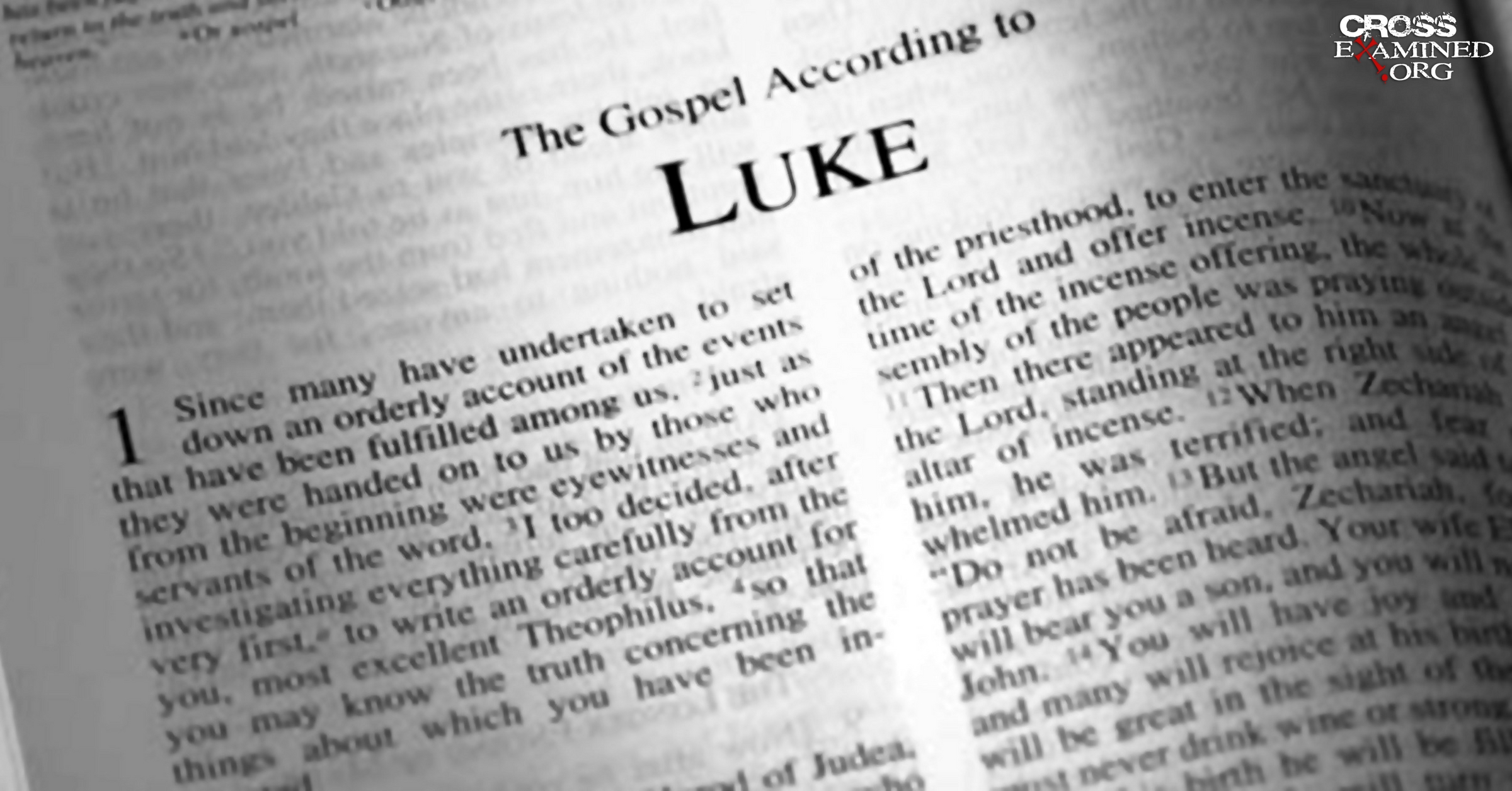How We Can Know Who Created the Universe
By Al Serrato
It is difficult to overstate the importance of the discovery of the Big Bang. After all, even without sophisticated philosophical arguments, most people intuitively recognize that all things that come into existence must have some preceding cause sufficient to the task. But when science, or more specifically physics, supports the Christian worldview by affirming the need for a creator, one would think that many skeptics would begin to accept that Christianity is not the enemy of science. Instead, the atheist will sometimes resort to ridicule to challenge the reasonableness of believing in an omnipotent creator. For example, one skeptic compared belief in God to the thinking of primitive Norsemen attributing thunderbolts to the “god” Thor. Not understanding how thunderstorms formed, and in search of an explanation, such men came up with a mythical character to fill the role. Can’t we see, the skeptic will argue, that positing God as the creator of the universe is no different – we’re just substituting one fictitious being for another, aren’t we? Why not just admit that we just don’t know what preceded the Big Bang and wait for science to solve the problem?
This argument is clever because it puts the believer on the defensive. The implied critique goes something like this: people in earlier times with no knowledge of weather science resorted to something they could understand when they assumed that a personal agent directly caused the lightning they were seeing. In the same way, modern believers who likewise lack knowledge of as yet undiscovered scientific theories are also guilty of ignorance when they rush to assume that a personal agent – here, God – is the explanation. As in past times, they contend, resorting to this “god of the gaps” is just filler until science comes up with the correct answer.
But a moment’s reflection will demonstrate that this line of argument misses the point. Sometimes events occur as the result of purely impersonal natural laws, such as when lightning triggers a forest fire. Other times, by contrast, personal agents cause events, like when someone intentionally or inadvertently sets a fire. In either setting, science may provide the explanation for why combustion occurred, but this does not address whether a personal agent was the original cause. To do that, we must use reason to assess the available evidence to reach a logical conclusion as to what in the particular instance set the events into motion.
Since primitive human beings had no scientific knowledge, it is understandable that they might attribute a powerful event like a thunderstorm to a personal source. Not comprehending that a thunderstorm arises in response to predictable conditions in the atmosphere, and how the resulting movement of air masses generates electrical energy, their minds naturally sought a reason. And since thunderstorms are frightening events, it was natural for them to conclude that someone very powerful was perhaps expressing anger or displeasure. But Christians are not imagining a creator when they consider the explanation necessary to make sense of the evidence we have for the cause of the universe. This evidence includes not just that the universe came into existence from absolute nothingness at a specific point in the past, as science demonstrates, but also the characteristics of the universe: the exquisite fine-tuning and order we see and more importantly the fact that from this mix of matter and energy life, consciousness and intelligence emerged. Using reason, it is indeed quite proper, and quite supportable, to infer that something immensely intelligent and immensely powerful set these things into motion. That the Creator used natural laws to run things is why we have science in the first place; using our senses and our ability to reason, we use the scientific method to learn about these laws. But developing increased understanding of the laws of nature does not eliminate the need to find the source of these laws.
What, then, of the skeptic’s challenge that because we cannot show how God created the universe – what precise steps he took – it is illegitimate to infer that He in fact did so? Why not accept the argument that there is never a need to resort to the “god of the gaps” to explain things, that we should instead simply wait for further scientific discoveries? I submit the answer is because for many things we find around us, the relevant question is not exactly how something works, but is instead by whom was it made? Did it come into being by the work of impersonal forces, such as the contours of the walls of the Grand Canyon, or was it chiseled into existence by an intelligence source, such as the sculptor who gave us Mr. Rushmore? I cannot begin to imagine how that artist could “see” the faces that eventually emerged from his chiseling, but I am right to conclude that time and random chance did not make those changes.
There are countless other examples. I am using a computer to write this essay, yet I know next to nothing about how programming, hard drives and BIOS’s work. This lack of knowledge is completely irrelevant to the question of whether the computer came about on its own, through strictly impersonal laws, or is instead the manifestation of the work of some intelligence. If I see alphabet cereal strewn about the kitchen table, the conclusion I draw as to how that happened will be different if I see groupings that spell out a particular message to me. Again, while I may lack an answer as to how the letters came to be arranged in that particular location at that time, I can indeed conclude that an intelligent, personal source was behind it. This insistence then that attributing a personal source to the origin of the universe is fallacious “god of the gaps” thinking is itself an illogical move. It simply does not take complete knowledge of the “how” to ascertain with adequate reliability that there was indeed a “who” behind it.
As Christians, we unapologetically call that Creator by the name he provided for us. Jesus isn’t a mythical figure from the ancient past. He isn’t a creation of the imagination trotted out to explain physical laws of nature. No, he was a real man who walked the earth, who lived at a particular time and place in history and so impacted the lives of those around him that some sought to kill him and others, a small but growing group of followers with adherents twenty centuries later, changed the trajectory of world history. We need not rely solely upon reason to conclude that an intelligent personal source brought the universe into existence, because first through the prophets and then through the life and teaching of Jesus of Nazareth, He took the time to tell us about himself.
In the end, science and the Christian worldview are not in conflict. It is the one who insists despite the evidence that there is no God – and ultimately no one to whom we will one day be called to account – that is persisting in ignorance.
Recommended resources related to the topic:
How Old is the Universe? (DVD), (Mp3), and (Mp4 Download) by Dr. Frank Turek
God’s Crime Scene: Cold-Case…Evidence for a Divinely Created Universe (Paperback), (Mp4 Download), and (DVD Set) by J. Warner Wallace
God’s Crime Scene: The Case for God’s Existence from the Appearance of Design (mp4 Download Set) by J. Warner Wallace
God’s Crime Scene: The Case for God’s Existence from the Appearance of Design in Biology DVD Set by J. Warner Wallace
What is God Like? Look to the Heavens by Dr. Frank Turek (DVD and Mp4)
I Don’t Have Enough Faith to Be an Atheist (Paperback), and (Sermon) by Norman Geisler and Frank Turek
Al Serrato earned his law degree from the University of California at Berkeley in 1985. He began his career as an FBI special agent before becoming a prosecutor in California, where he continues to work. An introduction to CS Lewis’ works sparked his interest in Apologetics, which he has pursued for the past three decades. He got his start writing Apologetics with J. Warner Wallace and Pleaseconvinceme.com.











Leave a Reply
Want to join the discussion?Feel free to contribute!